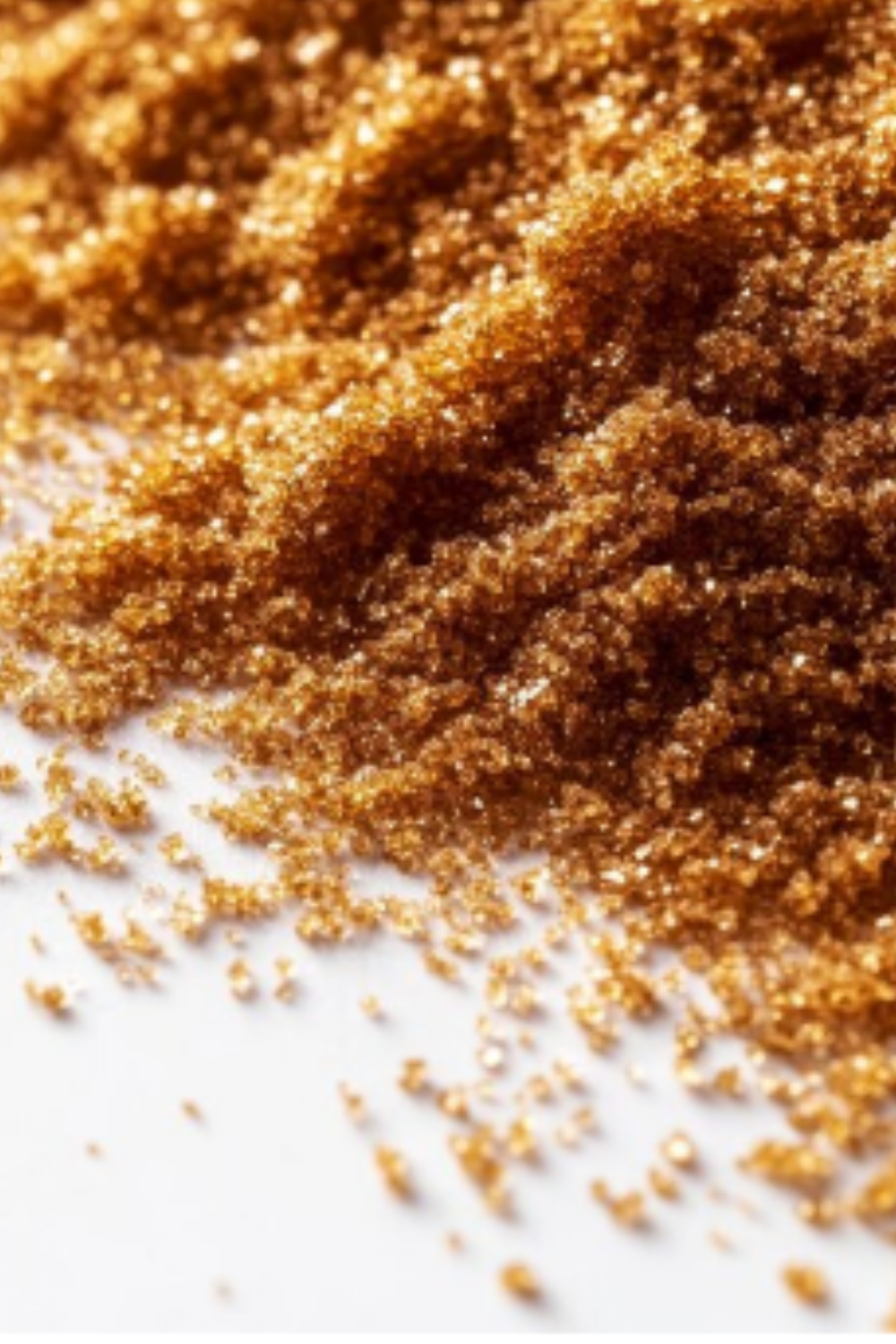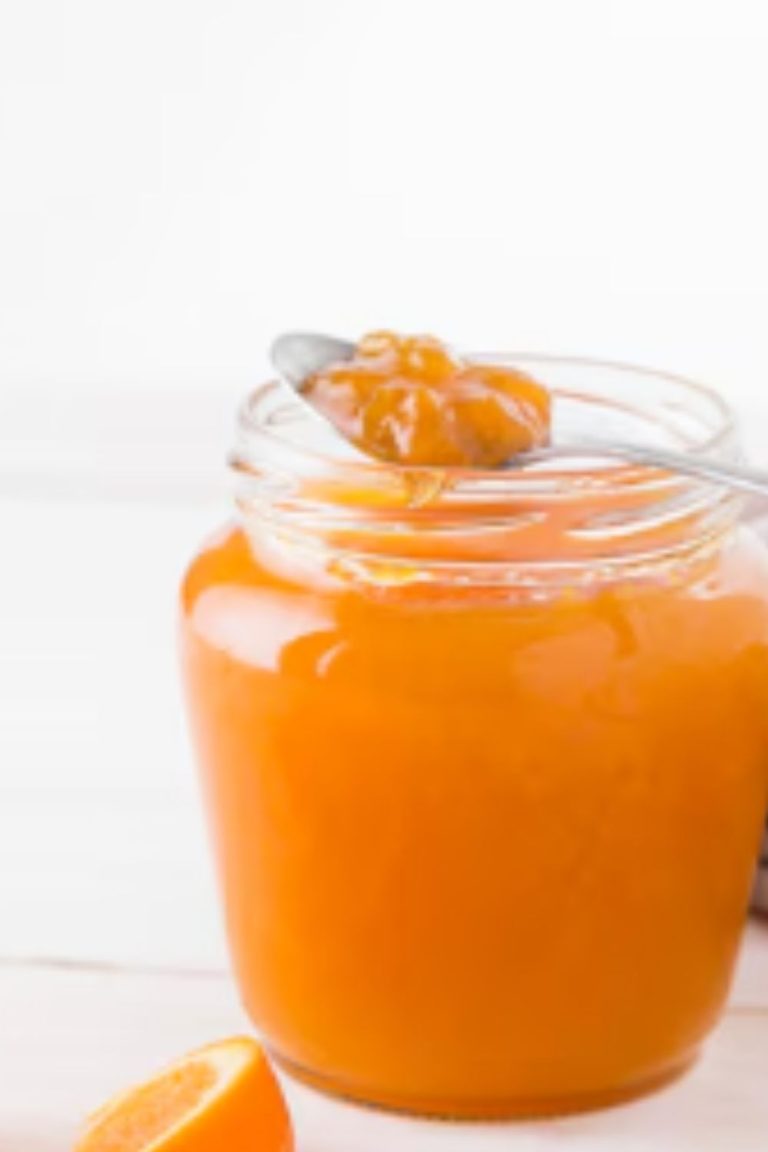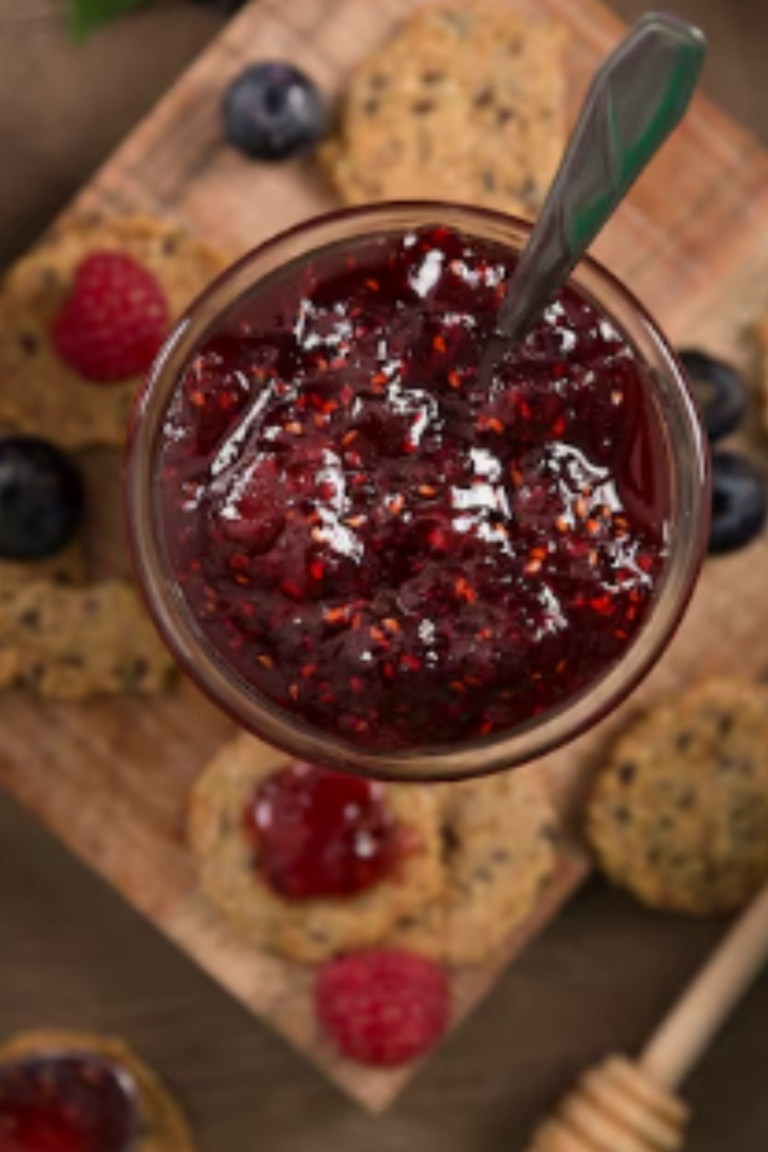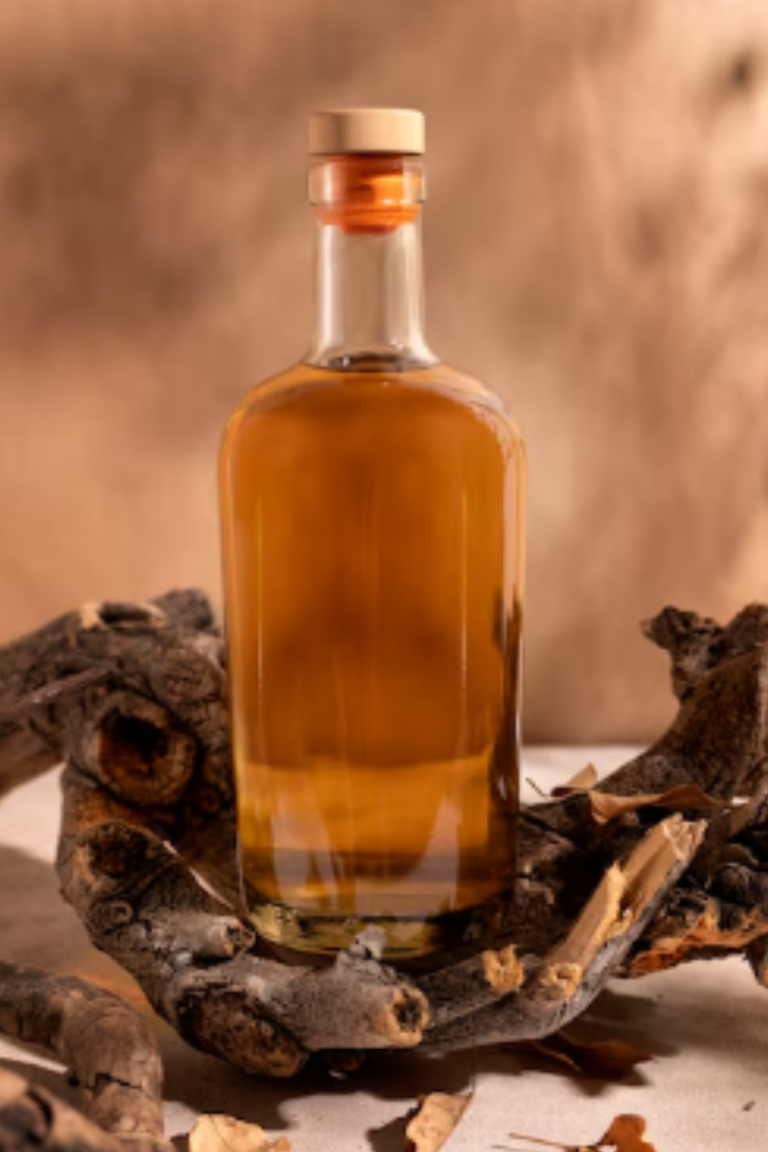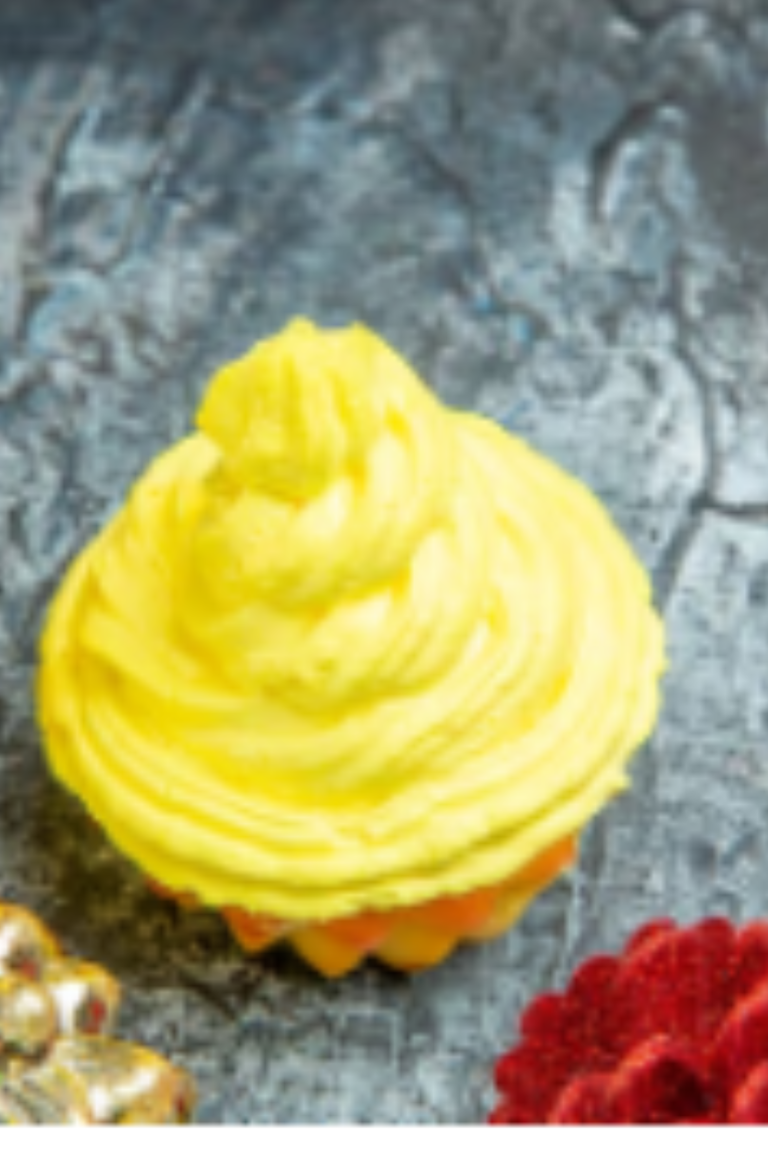BPS: Brown Palm Sugar role in cakes Clarified
In this topic, I’m going to talk about the role of BPS (Brown Palm Sugar) in cakes, drawing from my own personal experience.
Table of Contents
ToggleWhat is BPS (Brown Palm Sugar)?
BPS, or Brown Palm Sugar, is a natural sweetener derived from the sap of palm trees. Unlike refined sugars, which undergo extensive processing, BPS retains more of its natural nutrients and minerals, making it a popular choice among health-conscious bakers. Its rich caramel-like flavor adds depth and complexity to various culinary creations, especially cakes. Check out the right Brown Palm Sugar, cake tools, and ingredients that you need here.
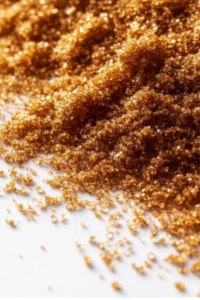
Its Role in Cakes
When it comes to baking cakes, BPS serves not only as a sweetener but also as a flavor enhancer. Its distinct caramel notes complement the ingredients in cakes, from vanilla to chocolate, creating a more nuanced taste profile.
Enhancing Flavor
BPS infuses cakes with a subtle caramel flavor that can elevate even the simplest of recipes. Whether you’re baking a classic sponge cake or a decadent chocolate torte, incorporating BPS adds a depth of flavor that sets your creation apart.
Moisture Retention
One of the unique properties of BPS is its ability to attract and retain moisture. This is particularly beneficial in baking, as it helps cakes stay moist and tender for longer periods. The natural hygroscopic nature of BPS ensures that your cakes remain fresh and enjoyable, even after a few days. Check out the right Brown Palm Sugar, cake tools, and ingredients that you need here.
Natural Coloring
The deep brown hue of BPS also contributes to the visual appeal of cakes. It imparts a warm golden-brown color to batters, resulting in cakes that are not only flavorful but also visually inviting. This natural coloring eliminates the need for artificial additives, aligning with a more wholesome approach to baking.
Practical Tips for Using BPS in Cakes
To make the most of BPS in your cake recipes, consider the following tips:
- Substitution Ratios: You can often substitute BPS for white sugar in a 1:1 ratio, but adjust based on your desired sweetness and flavor intensity.
- Mixing Methods: Incorporate BPS into your batter gradually, ensuring it blends evenly with other ingredients to distribute its flavor and moisture-retaining properties effectively.
- Baking Temperature: Due to its natural caramelization properties, monitor baking temperatures closely to prevent excessive browning of your cakes.
BPS (Brown Palm Sugar) enriches cakes not only with sweetness but also with a distinctive caramel flavor and moisture-retaining qualities. Its natural appeal makes it a preferred choice for bakers aiming to enhance both the taste and texture of their creations. Experiment with BPS in your next baking endeavor to experience the delightful difference it can make in your cakes. Check out the right Brown Palm Sugar, cake tools, and ingredients that you need here.
Drilling Deeper: Comparing BPS with Other Sweeteners
When considering sweeteners for baking, it’s essential to understand how BPS (Brown Palm Sugar) stacks up against other commonly used options. Let’s delve deeper into its attributes compared to traditional sugars and artificial sweeteners.
Nutritional Profile
BPS: Derived from the sap of palm trees, BPS retains more minerals such as potassium, iron, and calcium compared to refined sugars. Its lower glycemic index also makes it a preferable choice for those monitoring their blood sugar levels.
White Sugar: Highly processed and stripped of most nutrients, white sugar offers pure sweetness but lacks any significant nutritional benefits.
Artificial Sweeteners: Often zero-calorie and intensely sweet, artificial sweeteners do not contribute calories or affect blood sugar levels. However, they lack the natural flavor profile and potential health benefits of BPS. Check out the right Brown Palm Sugar, cake tools, and ingredients that you need here.
Flavor Complexity
BPS: Known for its rich caramel flavor, BPS adds depth and complexity to cakes and baked goods. It provides a distinct taste that enhances the overall flavor profile without being overpowering.
White Sugar: Offers straightforward sweetness without any additional flavors or complexities. It acts primarily as a sweetening agent, not contributing much to the depth of flavor.
Artificial Sweeteners: Tend to have a different aftertaste compared to natural sugars, which some people find undesirable. They do not enhance the flavor profile of baked goods in the same way BPS does.
Moisture Retention
BPS: Natural hygroscopic properties allow BPS to attract and retain moisture in baked goods. This results in cakes that stay moist and fresh for longer periods compared to those made with white sugar.
White Sugar: While it provides sweetness, white sugar does not have the same moisture-retaining capabilities as BPS. Cakes made with white sugar can sometimes dry out more quickly.
Artificial Sweeteners: Do not contribute to moisture retention in baked goods and may result in drier textures when substituted for natural sugars. Check out the right Brown Palm Sugar, cake tools, and ingredients that you need here.
Natural vs. Processed
BPS: Considered a more natural sweetener due to minimal processing. It retains more of its original nutrients and is often favored by those seeking natural alternatives in their diets.
White Sugar: Highly processed and refined, white sugar undergoes extensive chemical treatments to achieve its pure sweetness. It lacks the natural minerals and flavors present in BPS.
Artificial Sweeteners: Manufactured through chemical processes, artificial sweeteners offer sweetness without calories but do not provide any nutritional benefits and may raise concerns about long-term health effects.
tips for Choosing the Right Sweetener for Your Cakes
When selecting a sweetener for your cakes, consider the flavor profile you wish to achieve, as well as any nutritional preferences or dietary restrictions. BPS stands out for its natural richness and health benefits, making it a versatile choice for enhancing both the taste and texture of your baked creations. Check out the right Brown Palm Sugar, cake tools, and ingredients that you need here.
comparison tabular
Here’s a comparative table summarizing the key points and considerations between BPS (Brown Palm Sugar), white sugar, and artificial sweeteners for use in baking cakes:
| Aspect | BPS (Brown Palm Sugar) | White Sugar | Artificial Sweeteners |
|---|---|---|---|
| Nutritional Profile | Contains minerals (potassium, iron, calcium); lower glycemic index | No significant nutrients; high glycemic index | No nutrients; zero calories; no impact on blood sugar levels |
| Flavor Complexity | Rich caramel flavor enhances depth of taste in baked goods | Pure sweetness without added flavors | May have a distinct aftertaste |
| Moisture Retention | Attracts and retains moisture, keeping cakes moist | Does not contribute to moisture retention | Does not contribute to moisture retention |
| Natural vs. Processed | Less processed, retains natural minerals and flavors | Highly processed, refined to pure sweetness | Chemically synthesized, no natural components |
| Health Considerations | Lower glycemic index; retains some minerals beneficial for health | High glycemic index may impact blood sugar levels | No calories; potential concerns over long-term health effects |
| Usage in Baking | Enhances flavor and texture, adds caramel notes to cakes | Provides sweetness; may not enhance flavor complexity | May alter taste and texture; does not contribute to moisture |
| Visual Appeal | Imparts a golden-brown hue to baked goods | Does not affect color | Does not affect color |
| Environmental Impact | Derived from natural sources (palm trees) | Often sourced from sugarcane, requires extensive processing | Manufactured; may have environmental considerations |
Key Considerations:
- Flavor Enhancement: BPS enriches cakes with a caramel flavor, while white sugar primarily provides sweetness without additional flavor notes.
- Nutritional Value: BPS contains minerals and has a lower glycemic index compared to white sugar, making it a healthier choice for some.
- Moisture Retention: BPS helps cakes retain moisture, resulting in a fresher texture over time, which is not the case with white sugar or artificial sweeteners.
- Processing and Source: BPS is less processed and derived from natural sources like palm trees, contrasting with the highly refined nature of white sugar and the synthetic production of artificial sweeteners.
- Health and Environmental Impact: BPS offers a more natural alternative with potential health benefits, while considerations for environmental impact vary between natural and processed sweeteners.
This table provides a concise overview of how BPS compares to white sugar and artificial sweeteners, helping you make informed choices based on your preferences for flavor, health, and environmental impact when baking cakes. Check out the right Brown Palm Sugar, cake tools, and ingredients that you need here.
FAQs on Using BPS (Brown Palm Sugar) in Cakes
Q1: Can I substitute BPS for white sugar in my cake recipes?
Yes, you can generally substitute BPS for white sugar in a 1:1 ratio. Adjust based on your taste preference for the caramel flavor of BPS.
Q2: Does BPS affect the texture of cakes differently than white sugar?
BPS has natural moisture-retaining properties that can result in cakes that stay moist longer compared to those made with white sugar, which can sometimes lead to a drier texture over time.
Q3: How does BPS compare to other natural sweeteners like honey or maple syrup?
BPS offers a distinct caramel flavor that sets it apart from honey or maple syrup, which have their own unique flavors. Honey and maple syrup may also contribute additional moisture to cakes.
Q4: Is BPS healthier than white sugar or artificial sweeteners?
BPS retains more minerals and has a lower glycemic index compared to white sugar, making it a preferable choice for those looking to reduce refined sugars in their diet. Artificial sweeteners, on the other hand, offer sweetness without calories but lack nutritional benefits.
Q5: Where can I buy BPS for baking?
BPS is available in most grocery stores, health food stores, or online retailers specializing in natural ingredients. Look for organic and sustainably sourced options for the best quality.
Final Words
Incorporating BPS (Brown Palm Sugar) into your cake recipes not only enhances flavor but also brings a touch of natural sweetness and complexity that other sweeteners may lack. Its ability to retain moisture can result in cakes that stay fresh and delicious longer. Whether you’re baking for health reasons or simply to add depth to your desserts, BPS offers a versatile and flavorful alternative to traditional sugars. Experiment with different recipes and enjoy the delightful difference BPS can make in your baking adventures. Happy baking.

Hi!
I’m Mike, the creator of Forum Foodies. In my own personal experience, understanding ingredients is key to great cooking.
Forum Foodies offers guides on various ingredients, from staples to exotic finds. Join our community, share your experiences, and learn from fellow food lovers.
Have questions or suggestions? Email me at info@forumfoodies.com. Let’s embark on this delicious adventure together.
Happy cooking.
Mike/
Related Posts
- BSC: Brown Sugar Crystals role in cakes Clarified
In this topic I'm going to talk about BSC - Brown Sugar Crystals In my…
- BWC: Brown Sugar Caramel role in cakes Clarified
In this topic, I'm going to talk about Brown Sugar Caramel and its role in…
- BPS: Black Plum Syrup role in cakes Clarified
In this topic, I'm going to talk about Black Plum Syrup (BPS) and its role…
- CPS: Citrus Powdered Sugar role in cakes Explained
In this topic, I'm going to talk about CPS - Citrus Powdered Sugar in my…
- CPJ: Caramelized Pear Juice role in cakes Clarified
In this topic, I'm going to talk about CPJ - Caramelized Pear Juice in my…
- EMC: Eggless Milk Cream role in cakes Clarified
If you love baking but want to avoid using eggs, then you're in for a…
- SU: Sugar Smoother role in cake making Clarified
In this topic, I'm going to talk about the essential role of sugar smoother in…
- SS: Sugar Spoon role in cake making Explained
In this topic, I'm going to talk about the SS - Sugar Spoon in my…
- SM: Sugar Mold role in cake making Clarified
In this topic, I'm going to talk about the fascinating role of sugar molds in…
- SF: Sugar Funnel role in cake making Explained
In this topic, I'm going to talk about the SF - Sugar Funnel in my…
- EBC: Elderberry Compote role in cakes Clarified
In this topic, I'm going to talk about the delightful addition of Elderberry Compote in…
- CFC: role in cakes Clarified
In this topic, I'm going to talk about coconut flour and its role in cakes,…
- SP: Sugar Pump role in cake making Explained
In this topic, I’m going to talk about Sugar Pumps what they are, how they…
- PCH: Peach Honey its role in cakes Clarified
In this topic, I'm going to talk about PCH - Peach Honey, exploring its role…
- SV: Sugar Veiner role in cake making Clarified
In this topic, I'm going to talk about the SV - Sugar Veiner in my…

